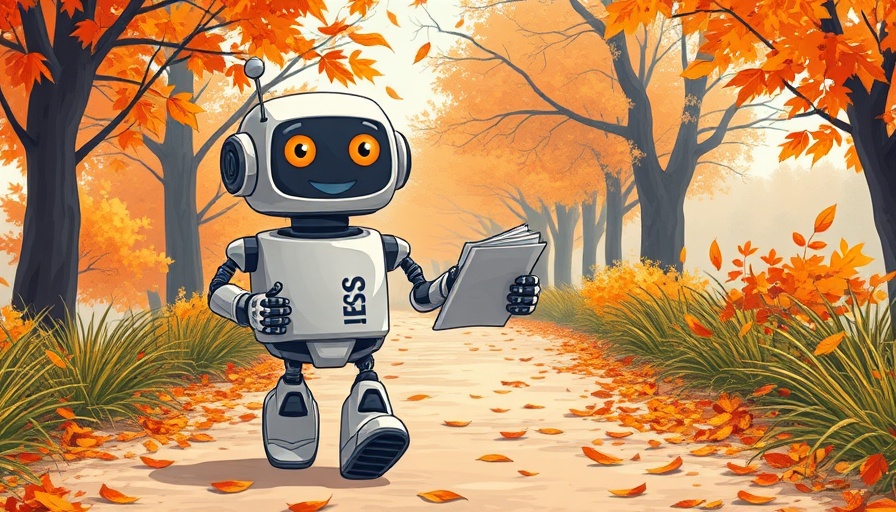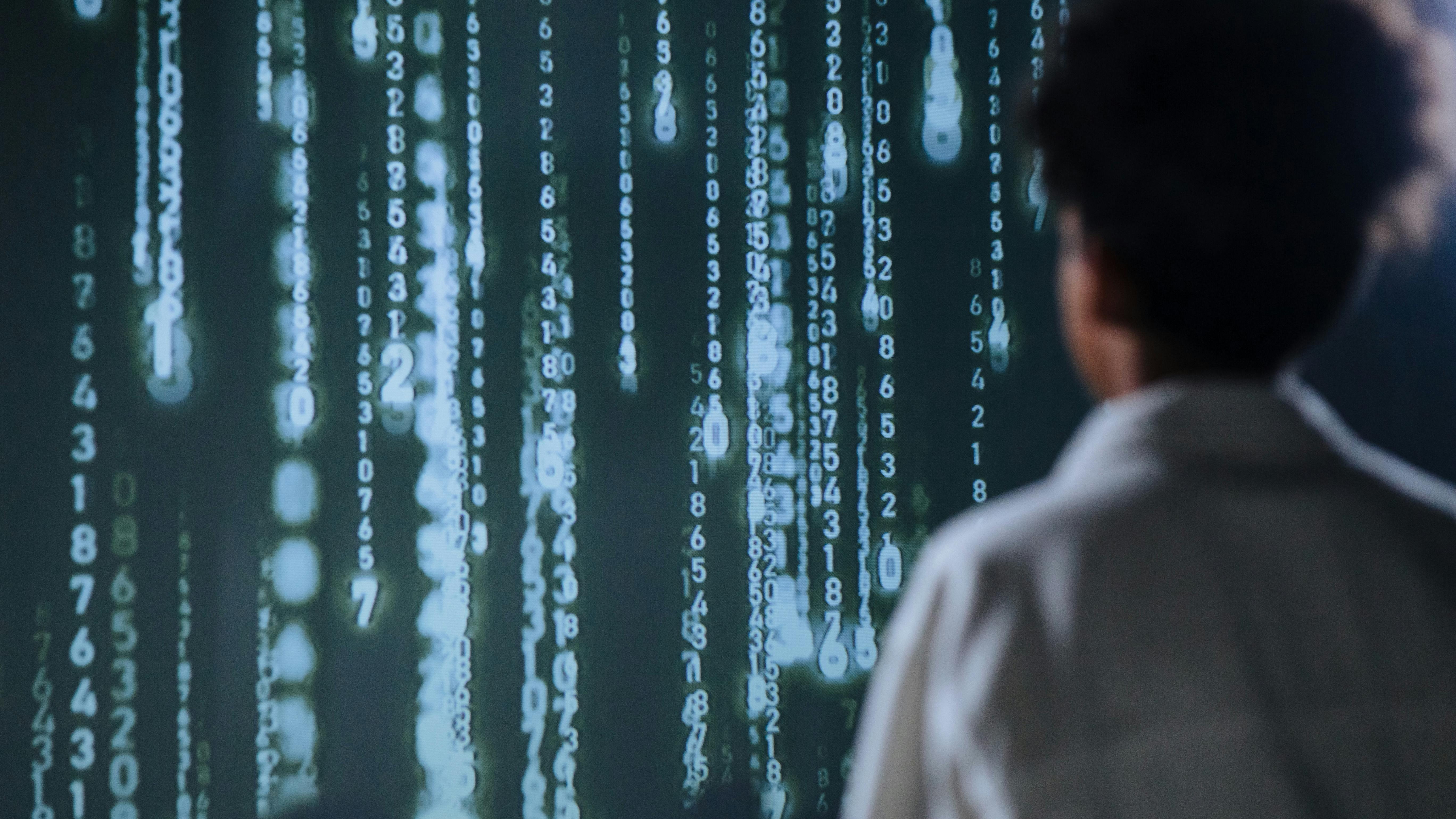
AI + Education: Staying in Tune with Innovations
The landscape of education is rapidly evolving, and artificial intelligence is at the forefront of this transformation. From enhancing personalized learning experiences to providing vital training for educators, here’s a look at the current state and potential future of AI in education, detailing some recent updates.
Key Highlights from Recent AI Innovations
This past week saw significant developments in AI tools that directly impact education. OpenAI's Sora 2 was launched, prompting fresh debates about copyright and responsible use as users began generating copyrighted characters. In response, OpenAI is implementing opt-in and opt-out controls for rightsholders, along with monetization strategies for video generation. These changes underline the importance of ethical considerations in AI use, especially in educational contexts where proprietary content often plays a key role.
AI's Role in Ad Personalization
Another noteworthy shift comes from Meta, which plans to start utilizing conversation data from its AI chatbots for ad personalization from mid-December 2025. This is particularly relevant for educators and learners, as it illustrates how personal AI interactions can create unique opportunities—and challenges—within the educational marketing space.
Equipping Educators with AI Skills
On a more positive note, Teach for America has adopted a tripartite AI framework to equip teachers with essential skills. Their initiative has successfully engaged over 1,200 educators, creating 720 classroom tools and impacting more than 10,000 students. With 96% reporting applicable AI skills gained through participation, it marks a significant step in empowering educators to harness AI effectively for improving student outcomes.
The Rise of AI Infrastructure Startups
This week also saw the launch of two promising AI infrastructure startups—Tinker and Periodic Labs—that aim to democratize AI research. These companies provide vital resources for fine-tuning language models, opening doors for educational institutions to integrate cutting-edge technology in their curricula.
Understanding AI's Labor Market Impact
Notably, a recent analysis from The Budget Lab reported negligible disruption in the U.S. labor market due to AI, despite rapid advancements. This contradicts many assumptions about AI’s impact, illustrating the complexity of labor dynamics in the context of technological growth.
Final Thoughts on AI in Education
AI’s continuous evolution presents both opportunities and challenges in education. Emphasizing ethical use, personalized learning, and effective pedagogical approaches will be crucial as stakeholders navigate this landscape.
 Add Row
Add Row  Add
Add 




Write A Comment